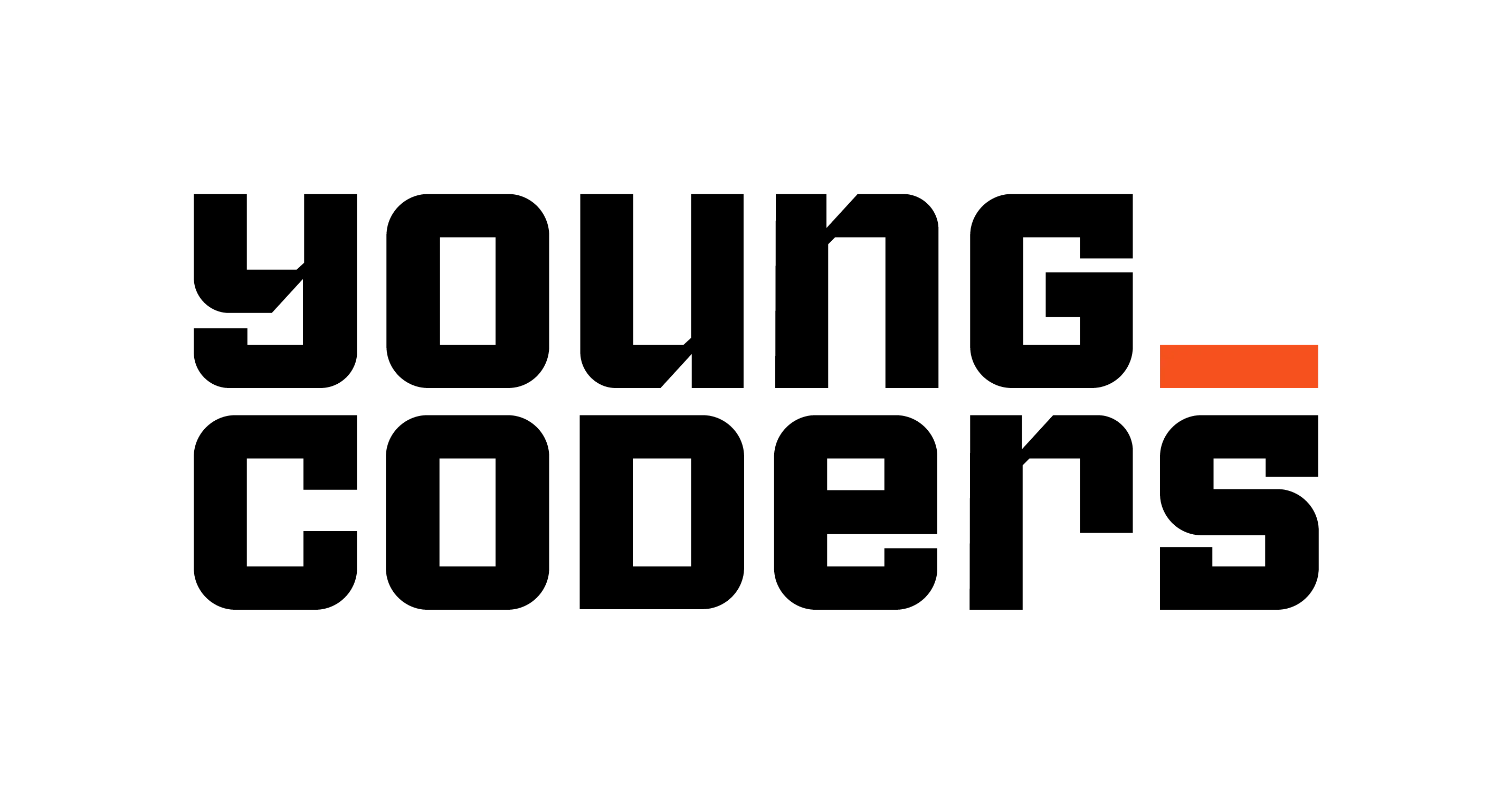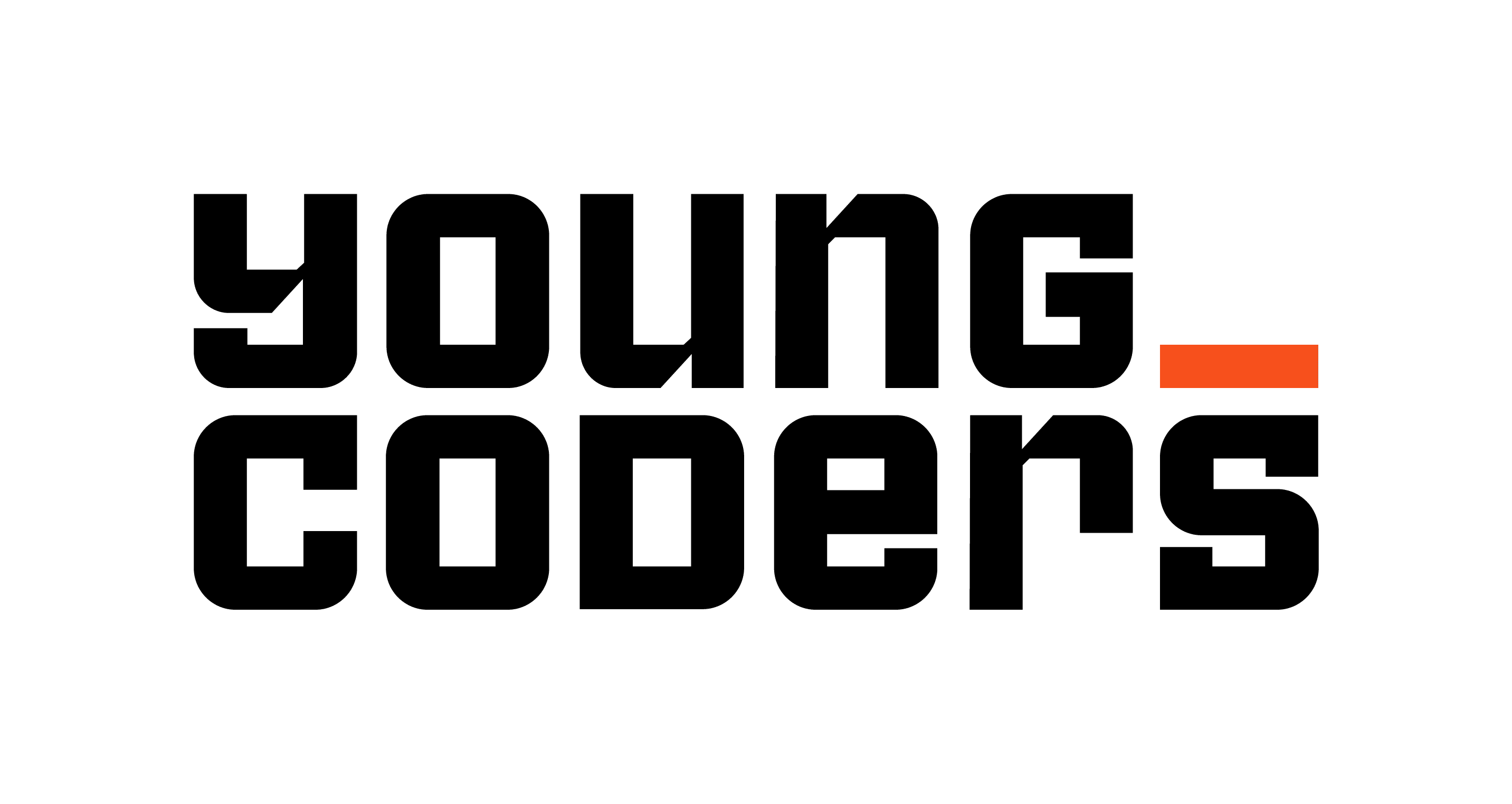“You get a sense of responsibility and see that you’re really making a contribution.”
Hi, my name is Rishad and I work as a programmer at Mobile Interaction Company (MIC). Here I collaborate on applications for large international funds and trusts…. I’d love to tell you how I got into the world of IT, how I ended up at MIC and what role Young_Coders played in it.
As the twig is bent, the tree is inclined
I have been involved in programming since I was thirteen years old. I remember playing a game and thinking to myself: this could be better. I wanted to know how to make a game and how everything works. That’s how I came to know about Python. Since then, I have always had programming as a hobby. The great thing about programming is that there is so much to learn. I also really like the fact that you get immediate feedback when you run your program. So you can quickly see your progress. You can fail quickly, but you can also achieve your goal quickly.
Eventually I began studying Applied Computer Science. Overall, I was quite satisfied with this study. Here, I learned a lot about the concepts and theory surrounding IT, but I was eager to apply the knowledge I already had gained during my education, to the real world. At one point, when the pandemic broke out and all classes were held online, I finally made the move to quit my studies and try a more practical approach.
The process at Young_Coders
I heard about Young_Coders and learned that they were very hands-on and approachable, so that’s when I signed up. This was not a big step for me. The hardest part was scheduling all the appointments. In fact, while there are many steps involved in the recruitment process, most of the steps are very short. In the end, I turned out to be a good fit for MIC. This was already evident during the interviews. When I started working there, this was even more confirmed. What I was looking for in a company and what they were looking for in an employee matched well. All in all, the process ran smoothly for me.
After my placement, I began my bootcamp at Young_Coders combined with my work at MIC. My expectation was that it would be all Python and programming, but there were also other things involved. We were taught a lot about frameworks like Django and Docker, but in practice I also work a lot with JavaScript. In addition, I also had soft skills training. Here I learned especially how to communicate better by asking the right questions and by listening actively and well. At first I thought I could already do this, but in practice it turned out to be very instructive. You can save yourself a lot of headaches by being more explicit in your communication and by listening better.

My work at MIC
I have been working at MIC for six months now. The work is very varied and because it is a small company, you also get quite a lot of responsibility. For example, I have written code for applications for large funds that have actually raised money. It’s very cool to see that result. I work on a much larger scale now that I work for a company than when I was programming as a hobby. Now you can actually see that your code has an effect and feel the drive to improve yourself. Within six months, I went from being a hobbyist to working on national projects. You get a real sense of responsibility and see that you are really making a difference.
I have already learned a lot at work and every day I learn something new. Also things I didn’t expect to learn, like the fact that programming itself is one of the easier aspects of the job. After all, you do so much more. For example, you also have to consider the architecture of the programs you write, and you have to keep an eye on whether your code is scalable and sustainable. Also, many unexpected things can happen, such as the failure of an application system. You have to learn to deal with this too.
Something I’m proud of is that I’ve gotten much better at my back-end skills. This, in fact, was something I was less than good at. This is something we learned about during boot camp, but I was only able to apply it when I started working. Here I learned how to program the connection between customer data and Amazon Web Services in no time. In my head, this seemed very difficult, but in the end it came down to good communication and making good arrangements with the customers. In a short time, I learned how to do this. So something that seems difficult can be quite easy in practice and I am quite proud of that.
If there is anything I can pass along, it is that IT is not just programming. Furthermore, you don’t always need to know the latest technologies either. Also look closely at what kind of person you are; do you want to go more in the academic direction and dive into theory? Or rather enjoy practical work and learn new things that way? Find the way that suits you.


